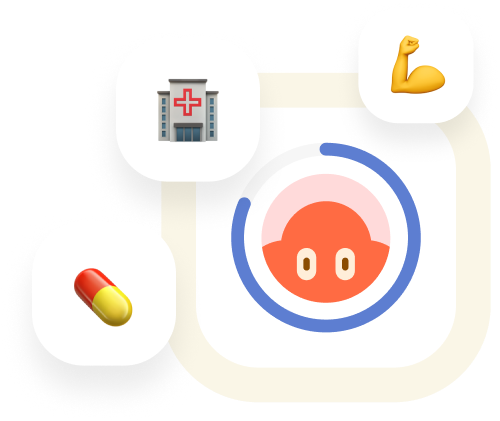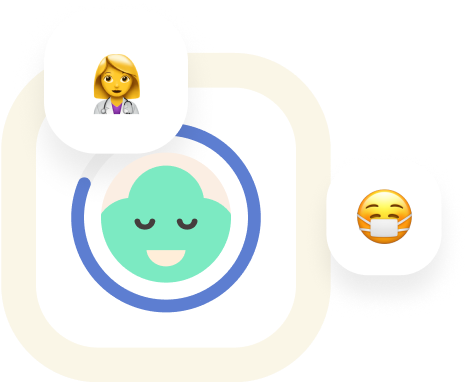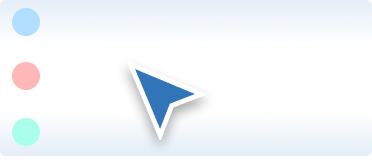you missed one shot and ended up in DKA? Do you take extra insulin to cover high BG levels? Did you know, that once your BG gets up to (if I'm remembering right) around 250, your liver will kick out stored glucose? It's because all it knows is your cells aren't getting glucose into them, so it assumes there's none available. Insulin is like a key, or a passageway, to get glucose (energy) into the cells. Anyway, if you don't get extra insulin to drop a BG higher than 250, you'll just keep going up or, if lucky, stay high. Being dehydrated will also cause higher BG, by the way. It happened to me recently. I was very dehydrated from being sick, and no matter how much insulin I took, I couldn't get it down. Once an IV got me hydrated again, my levels came down.
It does sound like your doctor/s have done a $h!t job in educating you. I'm sorry that's the case. It makes you far less free, and so much more dependent on them. That's dangerous. If they miss something, or you don't know to tell them something, or just can't see them quickly enough, it can put you in hot water, and adjusting your own insulin is difficult, scary, and dangerous.
I'm afraid that your desire to take fewer shots might actually be sort of a back-step for control. It's totally understandable, but when the body works right, there is a constant flow of insulin, with boosts when you eat. A pump is the only way to mimic that, so that might be a really good option for you. I have only ever used shots (and a few sad weeks with Omnipod, which I hated), and I take a MINIMUM of 3-4 shots per day. Usually more. I will even take extra shots of just 1 unit to bring a slightly high BG down.
It sounds like you don't understand the differences in different insulins? This next bit is long. If you look up "types of insulin" you should be able to find a chart with everything I'm saying, plus more. If you aren't in the mood to look but want to "hear", keep reading. 😉
A main goal is to have your insulin work when you need, like at about the time the carbs in your food hit. I can't tell you all exactly, because insulins each have some variance, but there are several types, in regard to time. Some start acting quickly (looks like as little as 4 minutes), peak quickly (little as 30 minutes), and are done in a short time (little as 3 hours). Those are best for meals/snacks. Some take longer to work, and last longer overall, with or without a peak. Those are better for a base control. There are extremes on either end, and mid-range. R is considered short-acting, but takes 30 minutes to start, peaks in 2-3, and can last 6.5 hours. That makes it difficult for a lot of people to use effectively. It's especially bad if you aren't sure how many carbs you're going to be eating, or don't have the ability to predict being able to eat 30 minutes in advance. NPH is intermediate, starting after 1-3 hours, peaking at 5-8 hours, then ending around 18 hours. This means, if it's your longest acting, you'll need 2 shots to cover a day, and the coverage won't be smooth. Long-acting insulins vary too, but an example is Lantus or Basaglar (what I take). It starts about 1.5 hours in, and lasts 24 hours, WITHOUT a peak. That means the coverage is smooth.
I really don't know that much about insulins I've never used--I looked up most of that info--so I couldn't guess why your doc put you on what they did. But I really think you would be best served by getting them to spell it out. From my experience, even if you dislike something, it helps a ton if you at least understand it.





